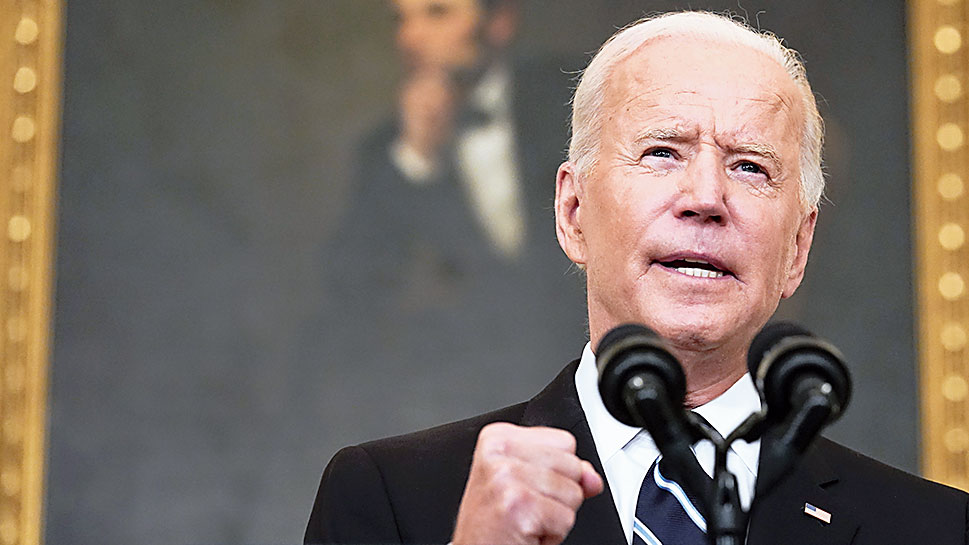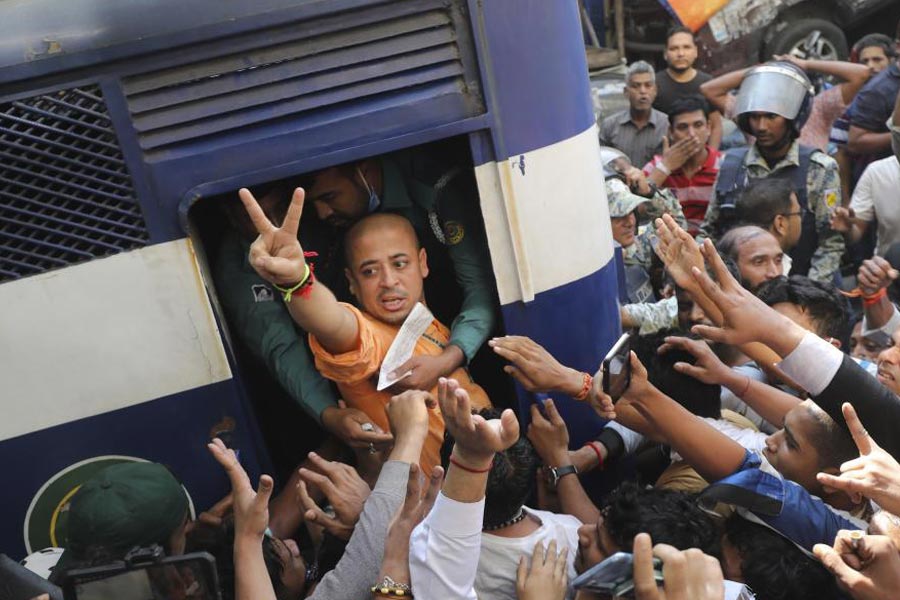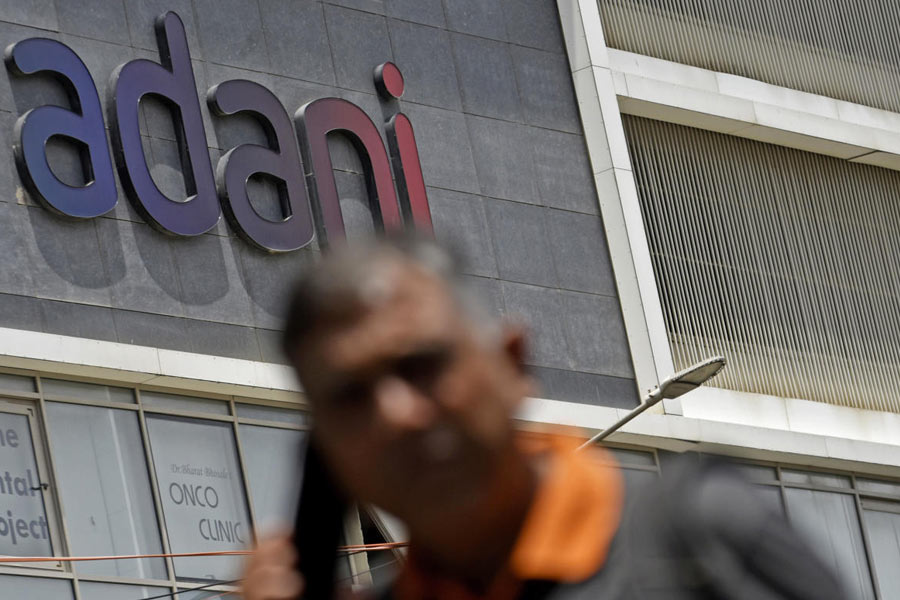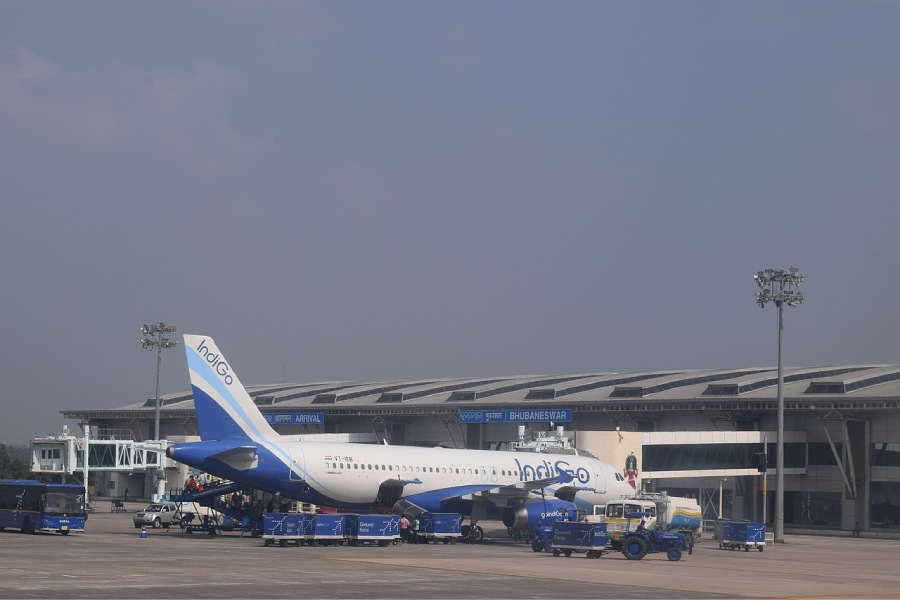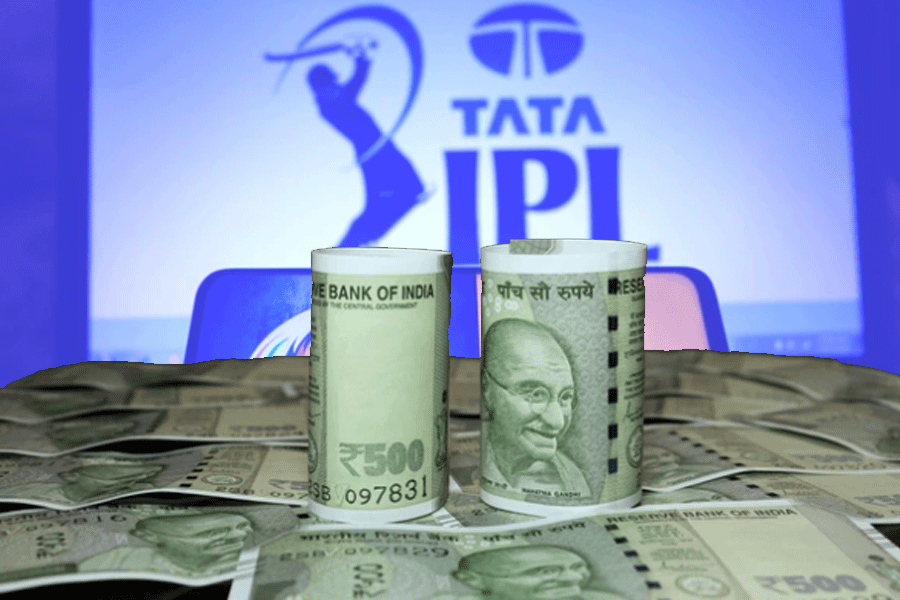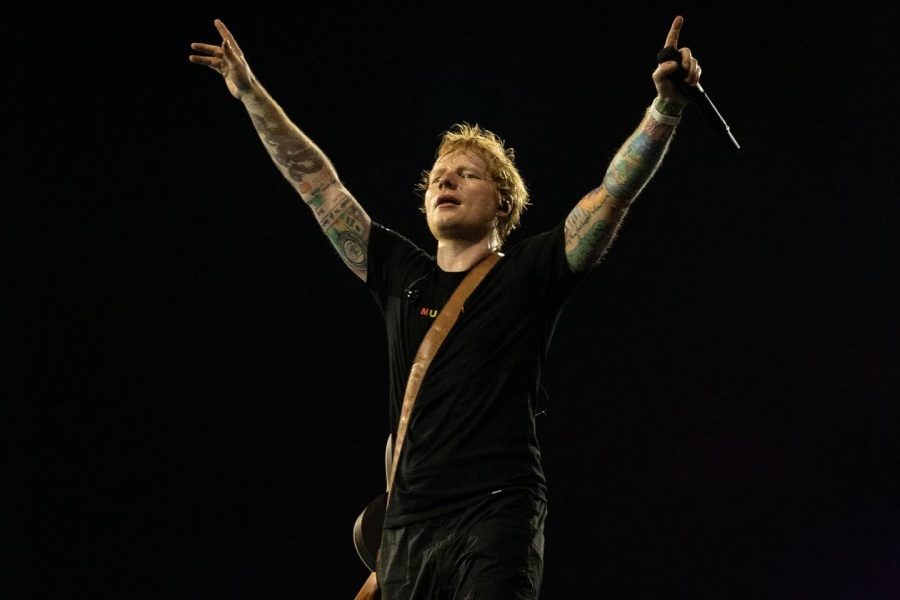The US and its allies on Tuesday swiftly imposed economic sanctions on Russia for what President Biden denounced as the beginning of an “invasion of Ukraine”, unveiling a set of coordinated punishments as Western officials confirmed that Russian forces had begun crossing the Ukrainian border.
Speaking from the White House, Biden condemned President Vladimir V. Putin of Russia and said the immediate consequences for his aggression against Ukraine included the loss of a key natural gas pipeline and cutting off global financing to two Russian banks and a handful of the country’s elites.
“Who in the Lord’s name does Putin think gives him the right to declare new so-called countries on territory that belonged to his neighbours?” Biden said on Tuesday afternoon, joining a cascade of criticism from global leaders earlier in the day. “This is a flagrant violation of international law and demands a firm response from the international community.”
Biden warned Putin that more sanctions would follow if the Russian leader did not withdraw his forces and engage in diplomatic efforts to resolve the crisis.
But that prospect remained dim by the end of the day, as secretary of state Antony J. Blinken cancelled plans to meet the Russian foreign minister on Thursday, saying that it does not “make sense” to hold talks while Russian forces are on the move.
“To put it simply, Russia just announced that it is carving out a big chunk of Ukraine,” Biden said, adding, “He’s setting up a rationale to take more territory by force.”
The global response began early on Tuesday, just hours after Putin recognised the self-declared separatist states in eastern Ukraine and Russian forces started rolling into their territory, according to Nato, EU and White House officials. It was the first major deployment of Russian troops across the internationally recognised border since the current crisis began.
At a news conference in Moscow, Putin said that he had not decided to send in troops “right at this moment.”
But officials said the invasion started overnight, just hours before Putin’s parliament formally granted him the authority to deploy the military abroad.
Ukrainians near the territory controlled by Kremlin-backed separatists have already endured days of shelling, and as Ukrainian troops hunkered down in their trenches and civilians took shelter in basements, the country’s military said that one soldier had been killed so far and six wounded.
Financial markets around the world wobbled on Tuesday in the wake of the Russian actions and the response from western governments. In the US, the news pushed stocks lower, leaving the S&P 500 in correction territory.
Biden and his counterparts in Germany, England and other European nations described the package of global sanctions as severe. They include financial directives by the US to deny Russia the ability to borrow money in western markets and to block financial transactions by two banks and the families of three wealthy Russian elites.
Chancellor Olaf Scholz of Germany put the Nord Stream 2 gas pipeline on hold. The $11 billion conduit from Russia to Germany — completed but not yet operational — is crucial to Moscow’s plans to increase energy sales to Europe. EU foreign ministers and the British government approved sanctions against legislators in Moscow who voted to authorise the use of force, as well as Russian elites, companies and organisations.
“It will hurt a lot,” said the EU foreign policy chief, Josep Borrell Fontelles.
New York Times News Service

